News Release
Building Bridges to Recovery Coalition Releases Report on Business Impacts of Key Bridge Collapse
May 28, 2024
ANNAPOLIS, Md. — The Building Bridges to Recovery Coalition, comprised of leading business organizations in Maryland including the Maryland Chamber of Commerce, Greater Baltimore Committee, Greater Washington Partnership, World Trade Center Institute and U.S. Chamber of Commerce, has released a detailed report titled "Impact Assessment & Recommendations: Key Bridge Collapse." This report analyzes the wide-ranging impacts of the Francis Scott Key Bridge collapse on businesses across various sectors and geographic regions.
The data in the report was collected through a comprehensive online survey that opened on March 29, 2024 and encouraged Maryland businesses to share how they were affected by the loss of the Key Bridge and/or the closure of the Port of Baltimore. The 51 businesses surveyed represent a diverse range of industries, including warehousing, logistics, hospitality, construction, manufacturing, and more. The findings reveal that 52% of respondents cited employee impacts, while 64% reported revenue losses due to the bridge collapse.
Key findings from the report include:
- Businesses impacted span Maryland and beyond, highlighting cascading effects across the state and beyond.
- Indirect impacts such as lost business and challenging commutes for businesses and employees compound direct losses.
- Businesses beyond those directly linked to the Port of Baltimore have and will continue to be impacted due to the loss of the bridge, facing issues like traffic congestion, longer commutes and travel restrictions.
- Even with the Port reopening, long-term impacts are expected, ranging from potentially reduced port business activity to labor challenges and supply chain disruptions due to the bridge loss.
As we applaud the remarkable achievement of removing the Dali from the Francis Scott Key Bridge site, allowing the vital Port of Baltimore to soon fully reopen for business, we cannot lose sight that many businesses across our state are still grappling with impacts due to the loss of the Key Bridge,” said Mary D. Kane, President & CEO of the Maryland Chamber of Commerce. “As our report details, a variety of industries throughout our state have been impacted by the loss of the bridge, longer travel times and costs, congestion and beyond – and those impacts will remain for years to come. We must continue to work collaboratively on long-term solutions to support these businesses, strengthen our economy, and improve our transportation infrastructure and resiliency in the years ahead.
The report outlines recommendations, including long-term recommendations focused on infrastructure investment, resilience planning, port support, stakeholder collaboration, and business disaster preparedness. It has been shared with the U.S. Chamber of Commerce and leaders within the U.S. Small Business Administration, Governor Wes Moore’s Office, the Maryland Department of Commerce, the Maryland Economic Council, the Baltimore Community Foundation, the Port of Baltimore and others to help inform recovery efforts.
The full report and additional resources are available at mdchamber.org/RecoveryCoalition.
# # #
About the Maryland Chamber of Commerce
The Maryland Chamber of Commerce is the only statewide business advocacy organization and the leading voice for business in the state. Together with their 6,800+ members, they form a statewide coalition that is committed to ensuring that Maryland is attracting and retaining quality jobs, developing vibrant, sustainable communities and staying at the forefront of global competitiveness and economic prosperity.
About the Building Bridges to Recovery Coalition
The Building Bridges to Recovery Coalition unites the Maryland Chamber of Commerce, Greater Baltimore Committee, World Trade Center Institute, Greater Washington Partnership, U.S. Chamber of Commerce, and other stakeholders to support businesses impacted by the Key Bridge collapse. This broad coalition brings together stakeholders across sectors to address challenges caused by this disaster. The coalition serves as a centralized advocate and resource hub, facilitating information exchange, resource sharing, and advocacy efforts to support organizations throughout Maryland. The coalition has received support from corporate partners including Amazon, Comcast NBC Universal, Maryland Bankers Association, T. Rowe Price, and The Johns Hopkins University.
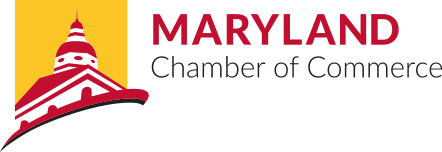
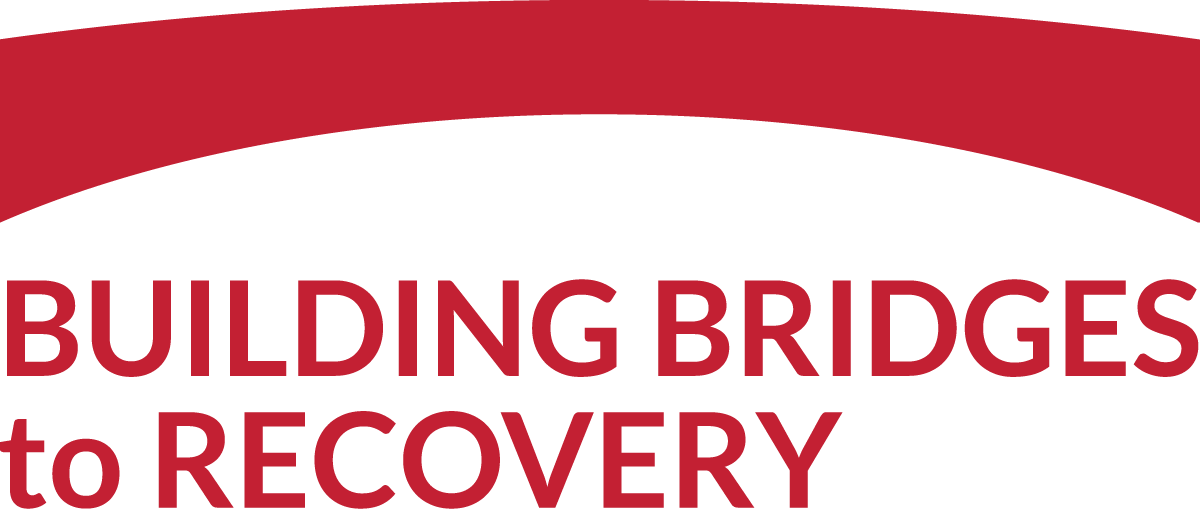

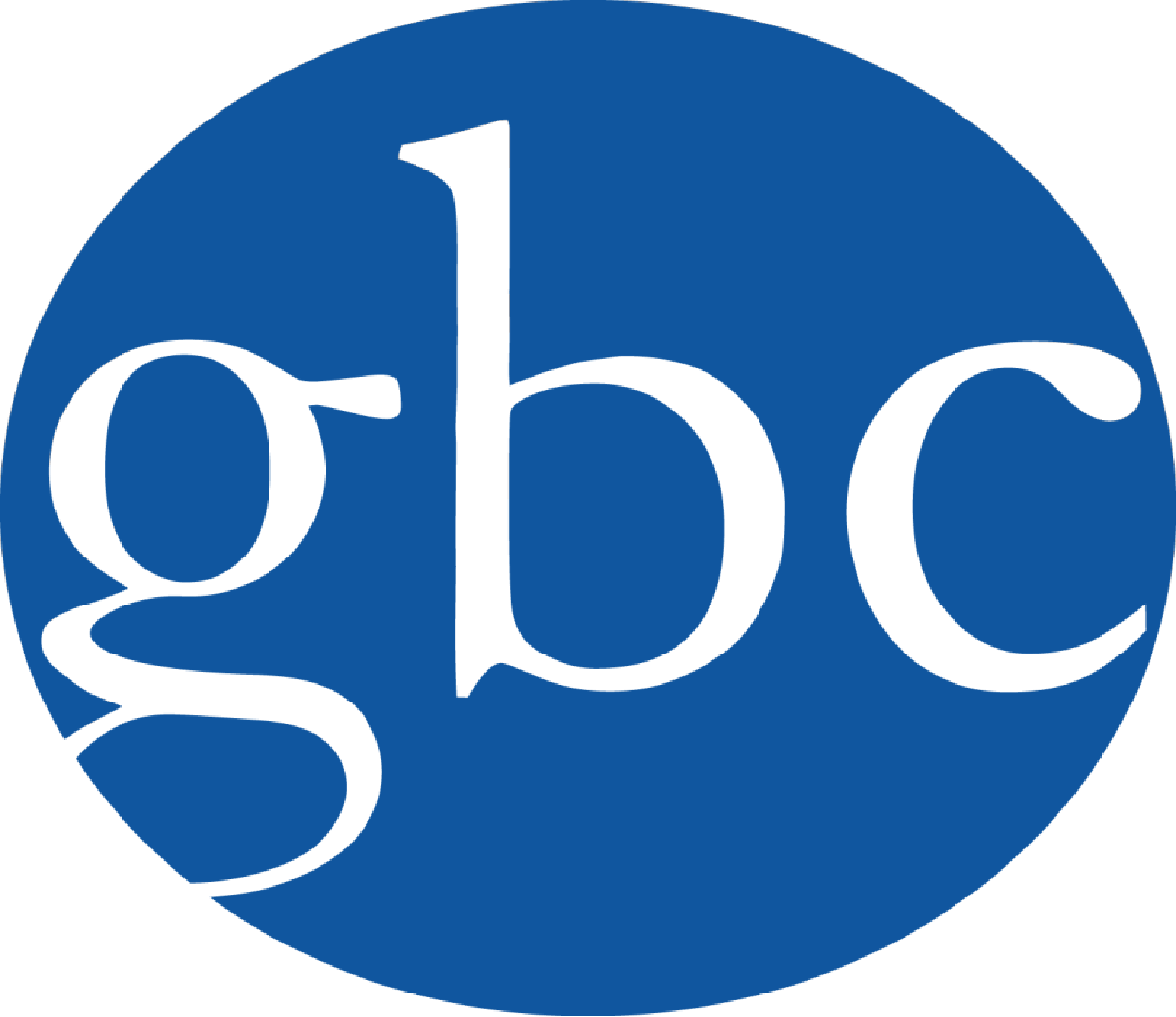

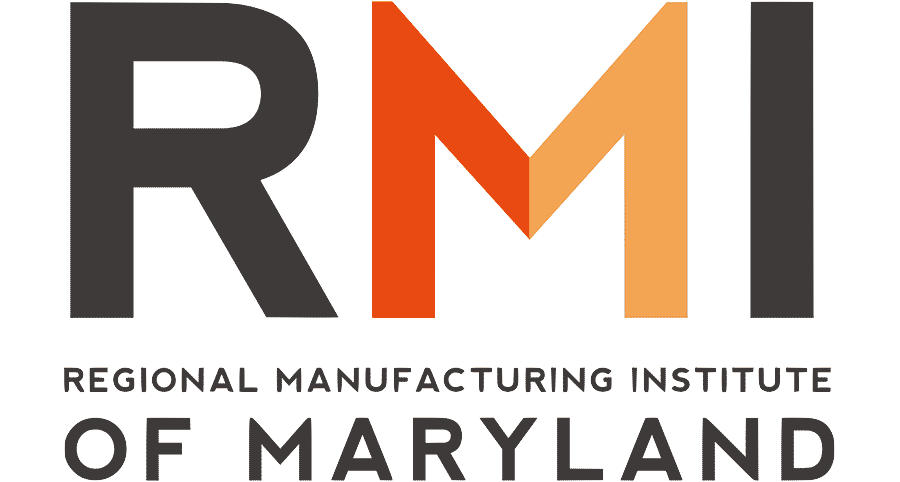
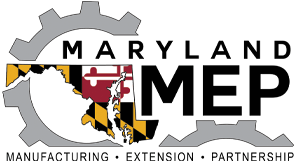


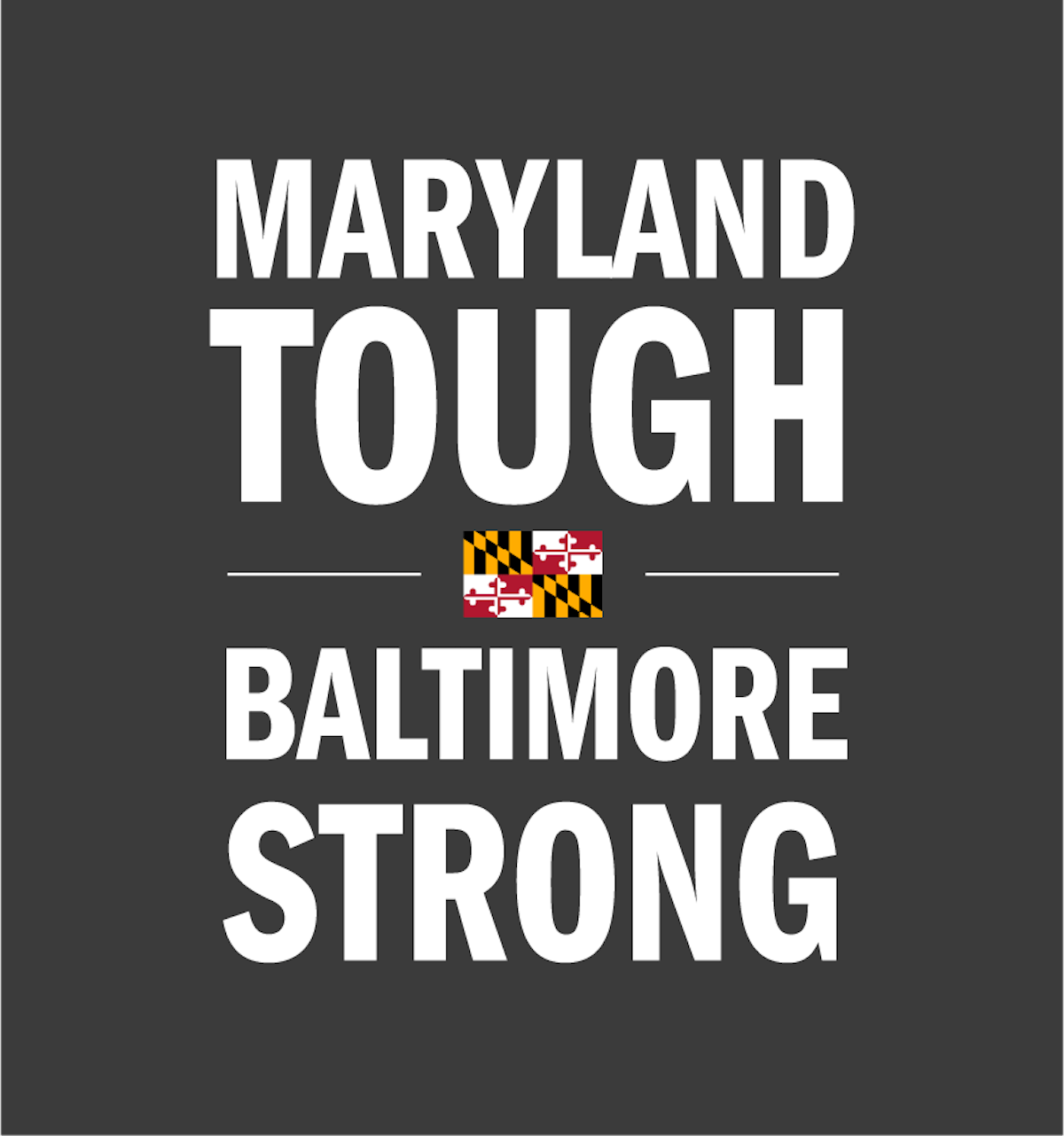
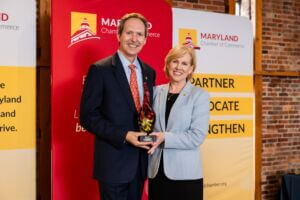
Why Businesses Like Yours Trust Us to Deliver Results